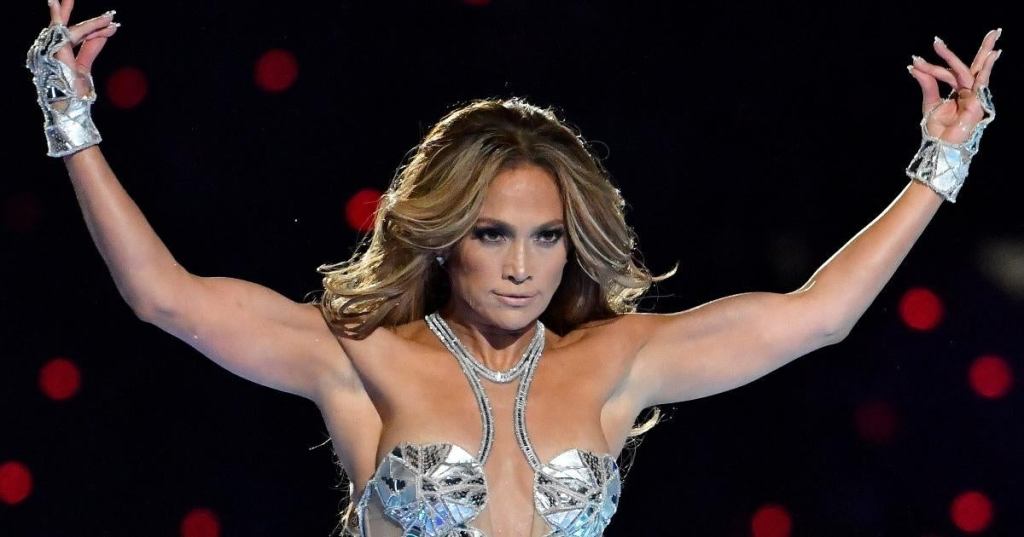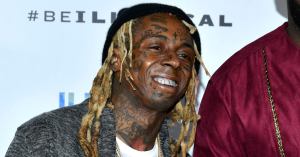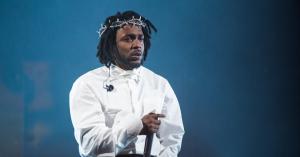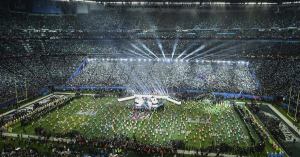Super Bowl 2023 will feature a new halftime strategy when it returns to television screens early next year. After a decade, main sponsor Pepsi has officially ended their connection to the event. This leaves a void for the event’s musical intermission extravaganza, free for a new company to step in with a new, more expensive deal.
Pepsi released a statement on Tuesday confirming they were pulling out of their sponsorship for the Super Bowl Halftime Show after a decade at the helm. “After 10 years of iconic Pepsi Super Bowl Halftime Show performances, we have decided it’s time to pass the mic,” the statement reads. “Thank you to the amazing artists and fans who helped us create some incredible moments along the way.”
Videos by PopCulture.com
Pepsi closed the statement by saying it was off to “the next stage.” According to Deadline, this references Pepsi’s move within the NFL realm. The company will be shifting its resources to properties like the NFL Draft, player awards and a focus on streaming and digital advertisements.
Earlier reports indicated that the NFL would be shopping around and moving on from Pepsi after their 10-year-deal signed in 2012 ran out. According to Deadline, the agreement was valued at $2 billion, and the league will be seeking $50 million per year from the next sponsor of the event.
Pepsi’s time ushering the halftime show featured a slew of Grammy winners and hitmakers from across the years, moving away from several years of classic rock acts that preceded. Apart from the latest show with Eminem, Snoop Dogg, Mary J. Blige, Kendrick Lamar, Dr. Dre and 50 Cent, the Pepsi Halftime Show has featured The Weeknd, Jennifer Lopez, Shakira, Maroon 5, Big Boi, Travis Scott, Justin Timberlake, LadyGaga, Coldplay, Beyonce, Bruno Mars, Katy Perry and a few others. Even Spongebob was tossed into the mix a bit in recent years.
The next company to step in will be paying a pretty penny after a decade of high-profile performances. According to CNBC, before Pepsi’s deal, Bridgestone paid $5 million to $10 million annually.





